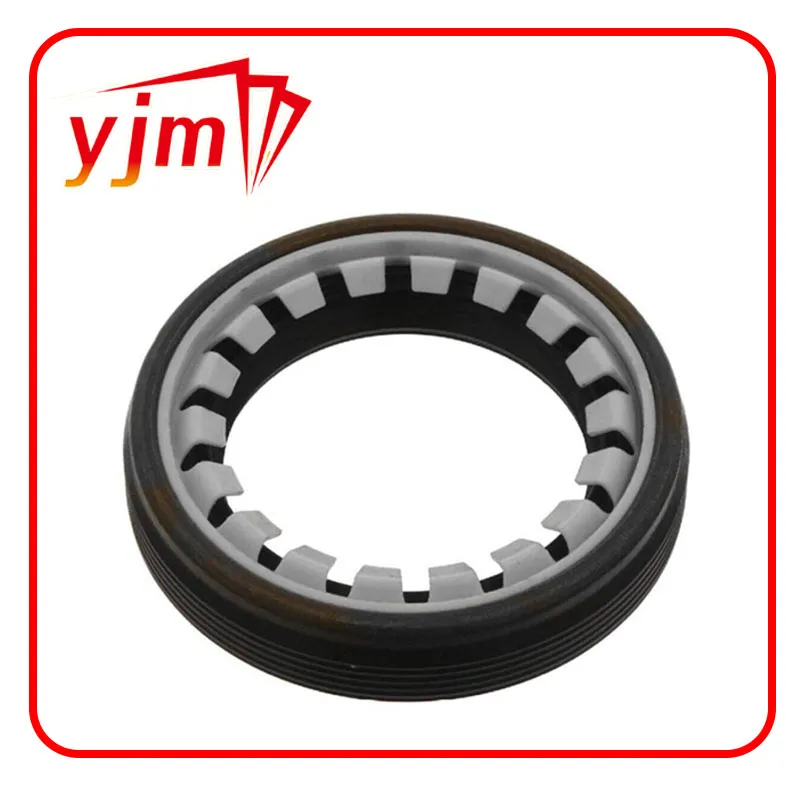Exploring the Role of Marine Bearings in Modern Maritime Applications and Technologies
Marine Bearings An Essential Component in Marine Engineering
In the world of marine engineering, the smooth functioning of vessels is paramount, particularly where safety and performance are concerned. Among the myriad components that contribute to the effective operation of ships and marine structures, marine bearings play a crucial role. These specialized components not only facilitate the movement of shafts within various machinery but also bear significant loads while withstanding harsh environmental conditions.
Understanding Marine Bearings
Marine bearings are mechanical devices that support rotating shafts in appurtenances such as propellers, rudders, and various onboard machinery. Made from various materials including metal, plastics, and composites, marine bearings are designed to reduce friction, support radial and axial loads, and enhance the overall efficiency of the vessel's operation. They are crucial in maintaining the integrity of critical systems such as propulsion and steering.
Types of Marine Bearings
The marine industry utilizes several types of bearings, each suited to specific applications and environmental conditions
. The most common types include1. Plain Bearings Often referred to as bushings, these bearings find use in applications with low to moderate loads. They are typically made from materials like bronze, which exhibit excellent wear resistance and can be lubricated with oil or grease.
2. Roller Bearings These are designed to handle heavier loads more effectively than plain bearings. They utilize rolling elements (like cylinders or balls) to reduce friction and can be found in critical applications such as propeller shafts.
3. Hydrostatic Bearings These bearings use a thin film of lubricating fluid to support the load. They are particularly beneficial for high-speed operations, offering minimal friction and wear.
marine bearing

4. Spherical Bearings Spherical bearings accommodate misalignment, making them suitable for applications where movement might not be perfectly linear.
Material Selection in Marine Bearings
Selecting the appropriate material for marine bearings is essential, as they must not only handle mechanical loads but also resist corrosion from saltwater and other harsh environmental factors. Common materials include
- Bronze Known for its strength and wear resistance, bronze alloys are a popular choice for bearings that operate in maritime conditions. - Thermoplastics Materials like acetal and polypropylene provide lightweight solutions that resist moisture and corrosion, making them ideal for certain applications. - Composite Materials These are increasingly popular due to their favorable strength-to-weight ratios and resistance to corrosion.
Challenges and Maintenance
The marine environment poses several challenges for bearing performance. Salinity, temperature variations, and heavy loads can lead to accelerated wear and failure. Regular maintenance is essential to ensure longevity and reliability. This includes routine inspections, lubrication, and monitoring for signs of distress such as vibrations or unusual noises.
Furthermore, the design of marine bearings must accommodate the specific operational requirements of the vessel, including speed, load capacity, and environmental conditions. Advances in technology have led to the development of more durable and efficient bearing systems, which continue to enhance vessel performance and safety.
Conclusion
Marine bearings are integral to the safe and efficient operation of marine vessels. Their design, material selection, and maintenance practices directly impact a vessel's operational lifespan and safety. As the maritime industry evolves, the continued innovation and improvement of marine bearings will play a significant role in meeting the challenges of modern marine engineering and ensuring the reliability of our ships on the open seas. Understanding and investing in these components is vital for any maritime operation aiming for success in an ever-competitive industry.
-
Understanding Different Types of Oil Drain Plugs: A Comprehensive Guide
News Jun.27,2025
-
The Role of Nylon Washers in Oil Drain Maintenance: A Practical Guide
News Jun.27,2025
-
The Essential Guide to Drain Plug Washers: Types, Uses, and Best Practices
News Jun.27,2025
-
Everything You Need to Know About Washer and Plug Sealing: Polaris-Specific and General Tips
News Jun.27,2025
-
A Comprehensive Guide to Different Types of Oil Drain Plugs for Efficient Maintenance
News Jun.27,2025
-
A Complete Guide to Oil Drain Plug Washers: Tridon and Euro Car Parts Solutions
News Jun.27,2025
-
Understanding Oil Drain Plugs: Types, Issues, and Replacements
News Jun.26,2025
Products categories















